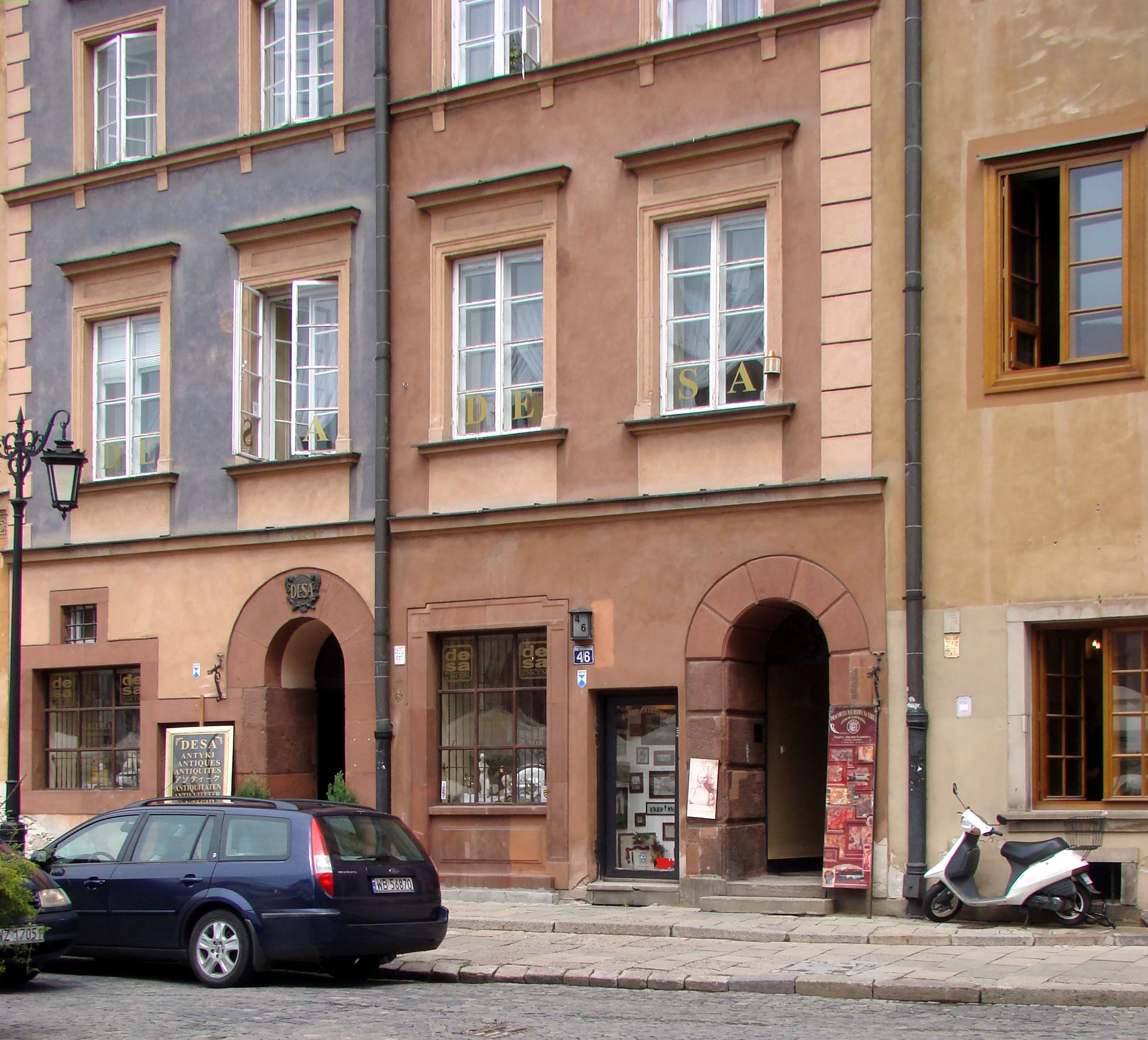Crooked Circle Club on:
[Wikipedia]
[Google]
[Amazon]
 The Crooked Circle Club ( pl, Klub Krzywego Koła) was a discussion club for young
The Crooked Circle Club ( pl, Klub Krzywego Koła) was a discussion club for young
Klub Krzywego Koła - trybuna inteligencji czy barometr władzy?
1955 establishments in Poland 1962 disestablishments in Poland Polish People's Republic Political history of Poland Clubs and societies in Poland {{Poland-org-stub
 The Crooked Circle Club ( pl, Klub Krzywego Koła) was a discussion club for young
The Crooked Circle Club ( pl, Klub Krzywego Koła) was a discussion club for young intelligentsia
The intelligentsia is a status class composed of the university-educated people of a society who engage in the complex mental labours by which they critique, shape, and lead in the politics, policies, and culture of their society; as such, the in ...
in Poland
Poland, officially the Republic of Poland, is a country in Central Europe. It is divided into 16 administrative provinces called voivodeships, covering an area of . Poland has a population of over 38 million and is the fifth-most populous ...
. It was founded in 1955, the first meeting taking place in an apartment on Crooked Circle Street in Warsaw
Warsaw ( pl, Warszawa, ), officially the Capital City of Warsaw,, abbreviation: ''m.st. Warszawa'' is the capital and largest city of Poland. The metropolis stands on the River Vistula in east-central Poland, and its population is officia ...
. It had connections with the ''Po prostu'' magazine. The club then expanded, and met regularly at the Old Town Market Place, Warsaw
Warsaw's Old Town Market Place ( pl, Rynek Starego Miasta) is the center and oldest part of the Old Town of Warsaw, capital of Poland. Immediately after the Warsaw Uprising, it was systematically blown up by the German Army. After World War II, ...
every Thursday at six in the evening. The club played an important role during Polish October
Polish October (), also known as October 1956, Polish thaw, or Gomułka's thaw, marked a change in the politics of Poland in the second half of 1956. Some social scientists term it the Polish October Revolution, which was less dramatic than the ...
and the de-Stalinization of Poland, organizing other clubs and contacts. The club was heavily involved in the 1957 Polish legislative election. Matters suppressed by government censorship were discussed openly and frankly in the club. After First Secretary Władysław Gomułka
Władysław Gomułka (; 6 February 1905 – 1 September 1982) was a Polish communist politician. He was the ''de facto'' leader of post-war Poland from 1947 until 1948. Following the Polish October he became leader again from 1956 to 1970. Go ...
tightened his control in 1957, other discussion clubs were closed and the Crooked Circle Club was challenged as well though it survived as the only discussion club in Poland managed by its director Jan Józef Lipski
Jan Józef Lipski (26 May 1926 in Warsaw – 10 September 1991 in Kraków) was a Polish critic, literature historian, politician and freemason. As a soldier of the Home Army ( Armia Krajowa), he fought in the Warsaw Uprising. Editor of collected w ...
. The club closed in 1962.
Several members of the club received awards for their work, including: Paweł Jasienica
Paweł Jasienica was the pen name of Leon Lech Beynar (10 November 1909 – 19 August 1970), a Poles, Polish historian, journalist, essayist and soldier.
During World War II, Jasienica (then, Leon Beynar) fought in the Polish Army, and later, ...
, Jan Wolski, Władysław Bartoszewski
Władysław Bartoszewski (; 19 February 1922 – 24 April 2015) was a Polish politician, social activist, journalist, writer and historian. A former Auschwitz concentration camp prisoner, he was a World War II resistance fighter as part of the ...
, Leszek Kołakowski
Leszek Kołakowski (; ; 23 October 1927 – 17 July 2009) was a Polish philosopher and historian of ideas. He is best known for his critical analyses of Marxist thought, especially his three-volume history, '' Main Currents of Marxism'' (1976). ...
, and Henryk Stażewski
Henryk Stażewski (pronounced: ; 9 January 1894 – 10 June 1988) was a Polish painter, writer, and visual artist. Stażewski's career spanned seven decades and he is considered a pivotal figure in the history of constructivism and geometric a ...
.
References
Further reading
*Klub Krzywego Koła - trybuna inteligencji czy barometr władzy?
1955 establishments in Poland 1962 disestablishments in Poland Polish People's Republic Political history of Poland Clubs and societies in Poland {{Poland-org-stub